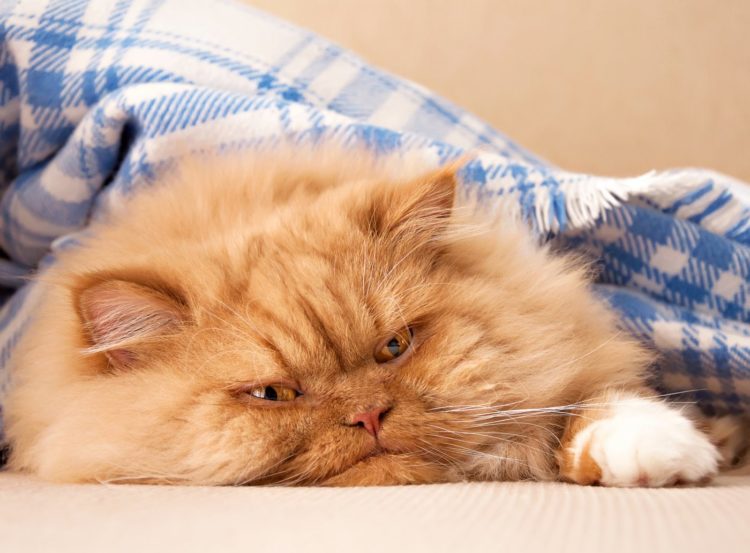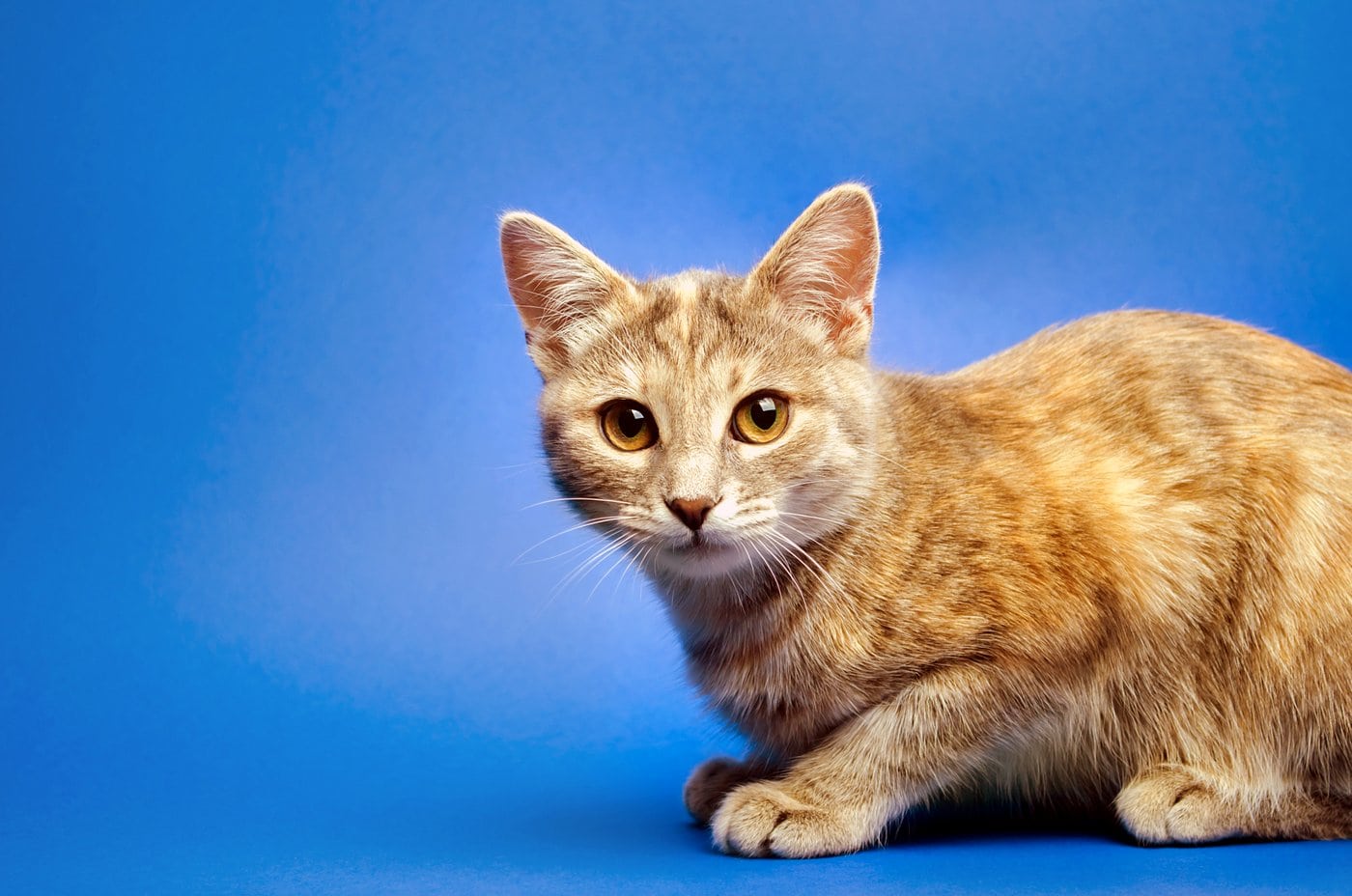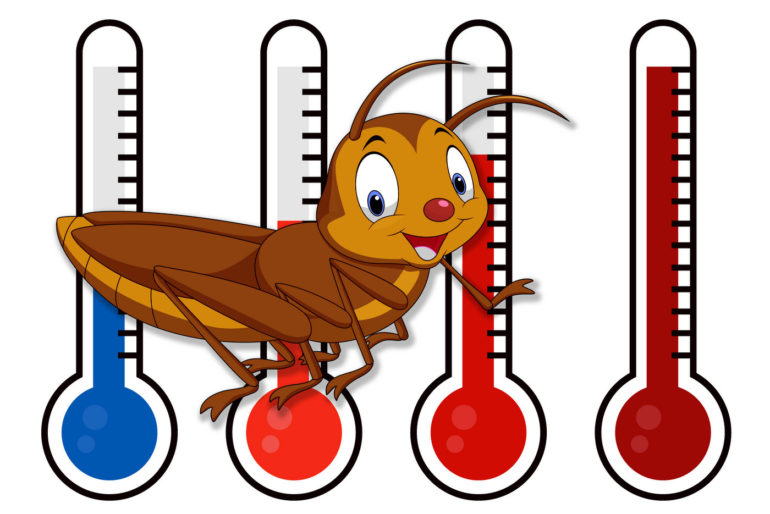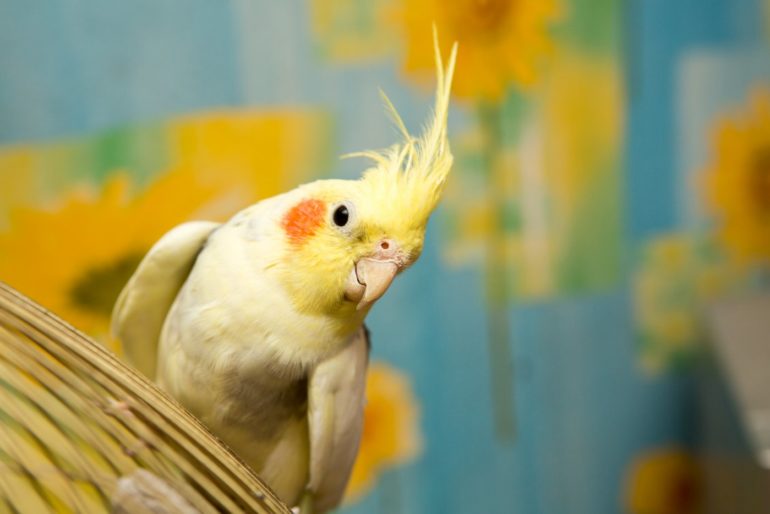Why do male cats spray — and how can you get them to stop?
What’s the deal with cats spraying — are they just peeing or is this something else? More importantly, how can you get your male cat to stop spraying?
Spray time
When your male cat sprays, he’s not incontinent or not (necessarily) grumpy that you don’t clean his litter box more often. Most likely, he’s marking his territory, indicating his availability for mating, or expressing his unhappiness about something around him.
Let us spray
Spraying is different from just urination. When a cat sprays, he will back up to an object — usually a vertical surface like a chair or a table leg or a door — lift his tail, and shoot a blast of godawful smelling urine loaded with hormones and pheromones all over it. (Cats can reportedly do this up to sixty times a day!)
So why do the little furry buggers do this? The most common reason for an unneutered male cat to spray is the onset of sexual maturity triggering marking behavior. He’ll want to make sure every cat in the area knows just who is the boss of the house — and that he’s ready to make lots of little cats.

Fear or being upset with a change in his environment can also cause a cat to spray. A move, getting a new cat or dog, a new baby or guest in the house, the chaos of remodeling — or sometimes even just changing a brand of kitty litter — can cause a cat frustration, stress, or fear.
Spraying is a cat’s way of expressing his feelings — he can’t tell you what’s going on, so this is the next best thing he can come up with. Sometimes just leaving him alone after he’s used to being with people will make him angry or sad — and will trigger a spraying bout.
Spray no more
So no one likes this. It’s smelly. It’s hard to get the smell out of things, and it’s just plain gross and annoying. So how do you get them to stop?
The best thing you can do is, if he isn’t already, have him neutered. Although some cats will continue to spray after getting snipped, most of them quickly lose the urge and desire to do so shortly after getting their bits removed.
If the spraying is likely the result of stress, you can try one of a number of different cat relaxant pheromone diffusers to help him calm down a bit. Your vet may also be able to prescribe something to help with feline anxiety.
To keep him from marking the same spots — and to preserve your sanity — clean the areas he’s sprayed with an enzyme-based cleaner, which is specifically designed to remove the cause of the odor.
Nature’s Miracle is one popular product, which the company says uses a to bacteria-based formula produces enzymes when it comes in contact with pet messes. There are both urine-specific “destroyers” as well as “severe mess” versions.
Another well-reviewed brand is Bubba’s Rowdy Friends, and their products are “formulated to be more potent than other pet odor enzyme cleaners for your flooring, upholstery, area rugs and carpets, yet safe to use around kids and pets.”
What you don’t want to do is get angry, yell, throw things, smack them, or rub their noses in it. All this is going to accomplish is make your cat more stressed and frightened — and more likely to continue spraying.







